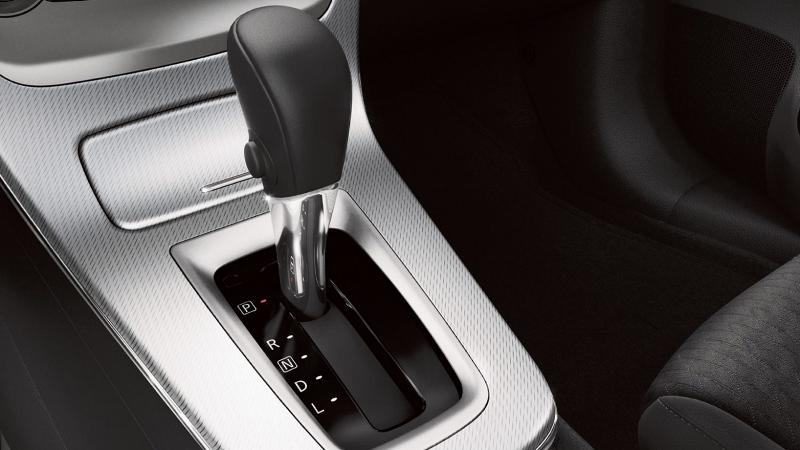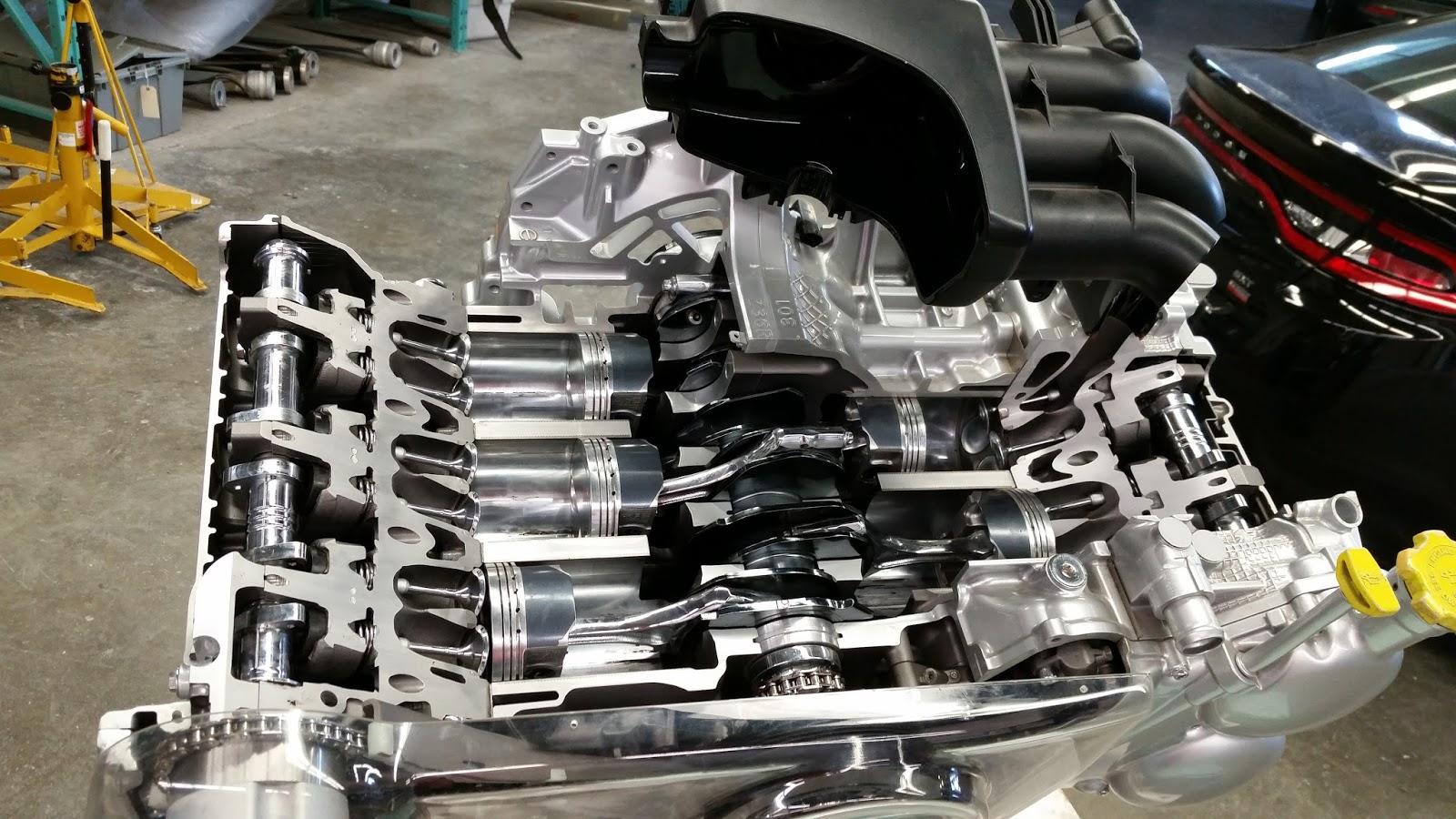Should I Replace All Ignition Coils At Once?
Coil packs for cars are electronically controlled components used for creating sparks for spark plugs. They can malfunction for various reasons, causing loss of spark in one or multiple engine cylinders. Should I replace all ignition coils at once? — a question many car owners have in mind.
Being a replacement for distributors, coil packs are a new addition to modern vehicles. Due to having no moving parts and posing a less risk of catching fire, coil packs for car are more reliable than distributors.
They, in every bit, perform better than their predecessors by creating stronger sparks for cleaner combustion.
How Does a Coil Pack Work?
A coil pack builds up the energy for creating a powerful spark at the spark plug. The fire for creating a spark must be generated from a high-voltage source to ensure the maximum amount of fuel being burned inside the engine cylinder.
By building up around 50,000 to 75,000 volts, a coil pack performs much better than a distributor. It releases the voltage to the spark plug after receiving a signal from the ignition control.
After reaching the spark plug, a spark jumps onto the ground, triggering a fuel-air mixture explosion in the cylinder.
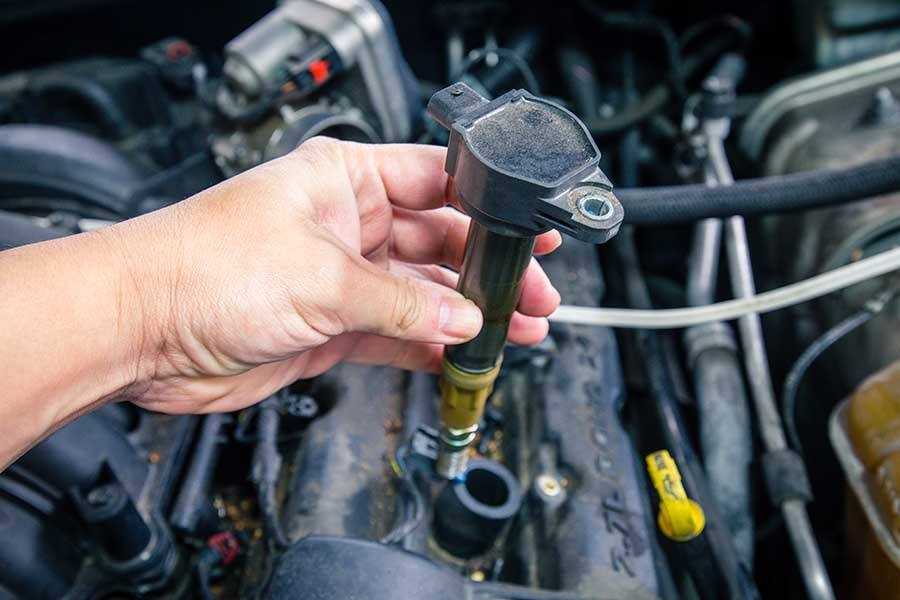
Symptoms of a Bad Coil Pack
When to replace coil packs? When they start malfunctioning. Bad coil packs mean loss of fire or spark in the relevant cylinder, leading to engine misfiring.
If you are thinking of when to change coil packs, do it whenever these symptoms arise. The common signs are almost similar to those of a defective spark plug:
- Loud noise from the engine
- Poor engine performance
- Drag on the crankshaft
- RPM drop in acceleration
- Vehicle rough idling
- Intermittent emission from the exhaust
- Sporadic check engine light activation
- The gas warning light comes on (despite not running low on gasoline)
Should I Replace All Ignition Coils at Once?
This is a valid question since many experts suggest changing automobile parts in pairs. However, you don’t have to follow that rule for ignition coils in a car because they don’t come in pairs.
One engine cylinder has one ignition coil, so the condition of one pack doesn’t affect the others.
Can I replace just one ignition coil? Yes, you can. However, you should always keep in mind the following recommendations to decide whether to change one or all of them.
SEE MORE
- When Is the Right Time to Change Spark Plugs?
- Running Without Spark Plugs: How Do Diesel Engines Work?
Replace only the bad ones
Should I replace all ignition coils at once? No. One coil pack is for two engine cylinders, and you should only change the particular pack that is faulty.
There is no way one defective coil pack is going to affect the others. Also, call packs either function or don’t, there is nothing in between. If you change only the defective one, there is less chance that others will follow suit.
In fact, it will be a mistake to replace the coil packs that are still in good shape and running without any problem. Old coil packs in working condition are better and more reliable than unproven brand-new ones.
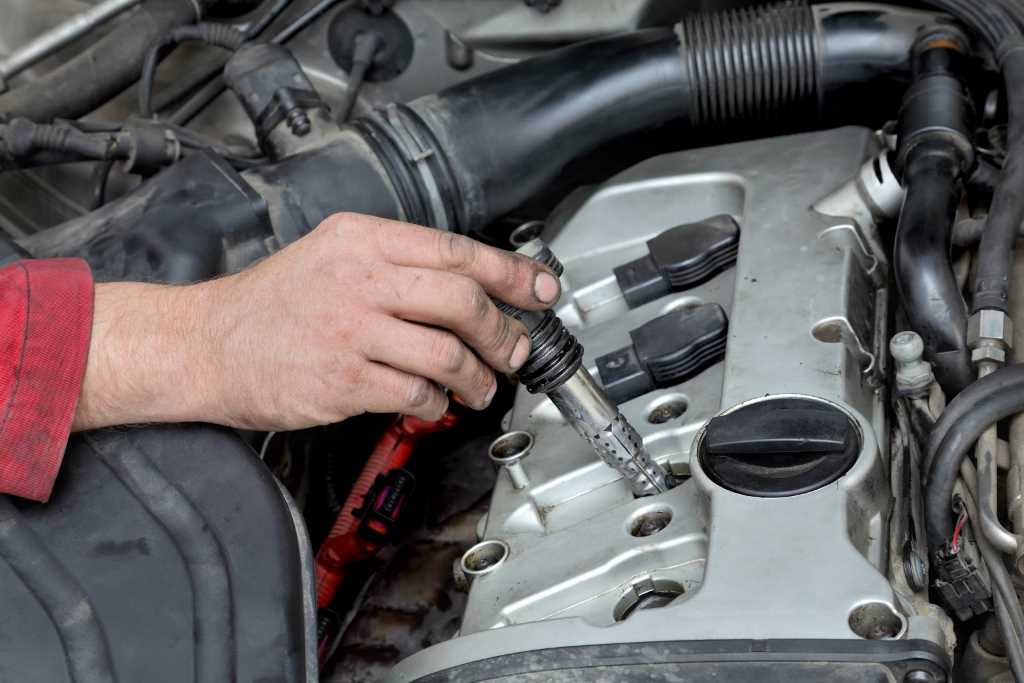
Change all after reaching a certain mileage
Coil packs are reliable and likely to last the lifetime of a vehicle. If anyone goes bad, there is no need to change all of them. However, if one pack starts malfunctioning after the odometer has around 75,000 miles, you should replace them all.
How often should you change coil packs? No need to change them until they are showing symptoms. They mostly don’t require servicing before reaching 120,000 to 150,000 miles.
Replace all if accessing is difficult
Some repair shops may suggest changing all coil packs when one becomes faulty. In that case, ask the mechanics regarding the reasons for changing each one. Follow their advice if that seems logical.
If you cannot afford to replace all of them, at least change the ones that are in a cluster or hard to access. For example, a few coil packs might be located under the air intake plenum, on the engine’s backside.
The repair shop can ask for higher labor prices for removing those coil packs. In that case, you should change all of them if one is bad to save on mechanic’s fees.
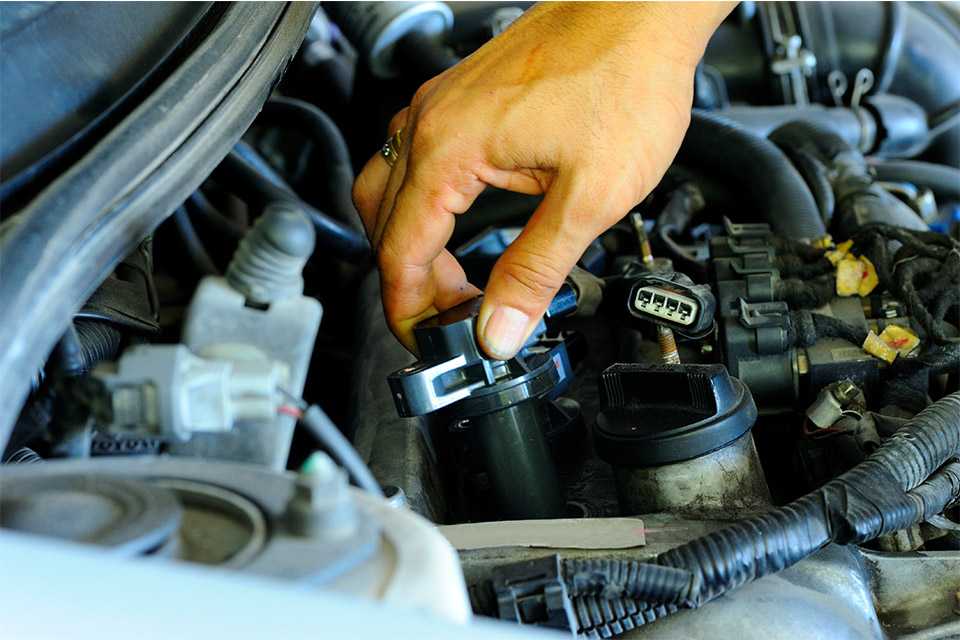
However, coil packs are easy to access in most vehicles. Sometimes, you will find them placed under only a cover that can be removed quickly.
If you can see them, it will not take more than a couple of minutes to remove them. In that case, you can change just the defective one.
FAQs on Ignition Coils Replacement
Do ignition coils have a specific lifespan?
Ignition coils have a finite lifespan, typically around 100,000 to 150,000 miles. However, this can vary based on driving conditions and maintenance.
Can I replace only the faulty ignition coil?
While it’s possible to replace only the faulty coil, it’s recommended to replace all coils if they are nearing the end of their lifespan. This helps prevent repeat failures and ensures balanced performance.
Does replacing all ignition coils improve engine performance?
Replacing all ignition coils can improve engine performance by providing consistent spark and ignition across all cylinders, resulting in smoother operation and better fuel efficiency.
Will the cost to replace ignition coils be expensive?
Replacing all ignition coils at once may incur a higher upfront cost, but it can save money in the long run by preventing multiple separate repair jobs.
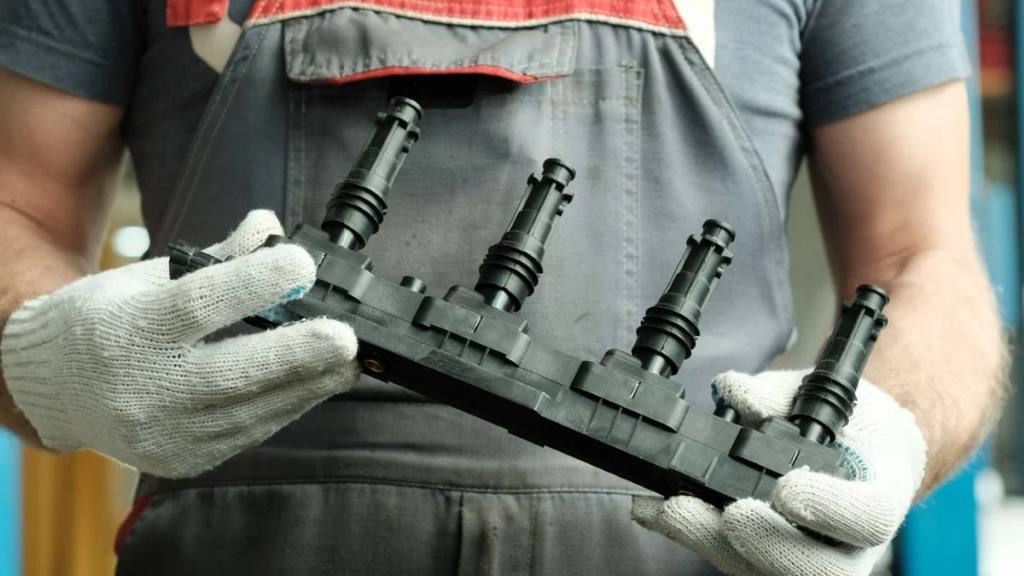
Can I mix different brands of ignition coils in my vehicle?
It’s generally not recommended to mix different brands of ignition coils, as they may have varying electrical characteristics and could lead to an imbalanced performance.
Should I opt for OEM (Original Equipment Manufacturer) ignition coils or aftermarket ones?
OEM ignition coils are manufactured by the vehicle’s original manufacturer and are designed to meet specific performance standards. While aftermarket coils may be cheaper, OEM coils often provide better reliability and compatibility.
Is it necessary to replace ignition coils based on mileage alone?
While mileage is a factor, other indicators like performance issues and the age of the coils should also be considered. Ignition coils in high-performance vehicles or harsh driving conditions may require replacement earlier.
Can faulty ignition coils cause damage to other engine components?
Yes, damages can happen to both the coil pack and spark plugs, catalytic converter, and oxygen sensors. Replacing them promptly can help prevent further damage and costly repairs.
Can I replace ignition coils myself, or should I seek professional help?
While some experienced DIYers may be able to replace ignition coils, it’s recommended to seek professional help for accurate diagnosis and proper installation to avoid potential complications.
Check out this video from EasyAutoFix to learn how to diagnose the time to replace your ignition coils and how long do ignition coils last!
The Final Words
Should I replace all ignition coils at once? Not necessarily unless the bad one is part of a cluster and located in a hard-to-reach spot.
Otherwise, there is hardly any chance that one bad coil pack will affect the condition of others. You should depend on the proven reliability of still-functional old ignition coils.













